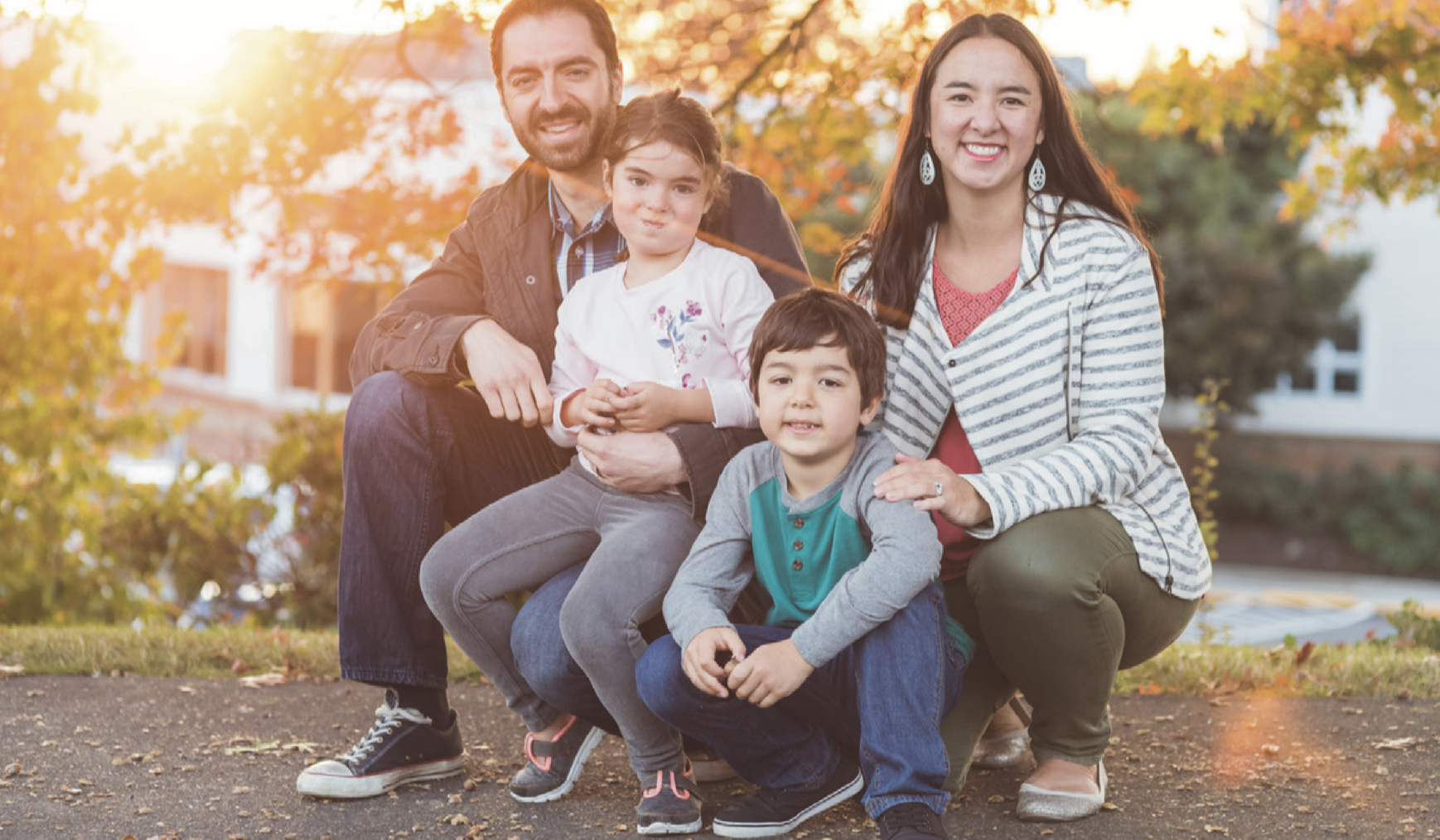Helping Your Children Cope With Divorce: Working Through Custody Together

Helping Your Children Cope With Divorce: Working Through Custody Together
Helping Your Children Cope With Divorce
Divorce involves change…change involves loss…and growth.
Working Through Custody Together
Divorce brings with it many conflicting feelings for everyone in your family. It is a considerable change for the family, and each person may experience different feelings at different times. Divorce does not have a beginning, middle and end, rather it is a process, and every person will move through the process at their own pace. A significant milestone during any divorce involving children is setting up the custody arrangement. This part of your divorce may involve much change and upheaval for your child as they become accustomed to their new living situation.
Any reaction your child has is common and should be expected. Research on the effects of divorce on children has provided useful information about what can help children through the divorce period and avoid the development of long-term problems for children of divorce.
Start With The Details
Start by being transparent with the details of the custody arrangement. Assure your child that both of you love them very much and that whatever arrangement you have come up with has taken their best interests into consideration. Having a clear plan that minimizes drastic changes to your child’s routine is best. Involve your child when appropriate in the decision-making process. While there may be legal or other circumstances that are outside your or your child’s control, it is important to give them a voice when possible.
Rely on your strengths of Love and Prudence when making any custody plans and decisions. The goal should be that your children have a close and nurturing relationship with at least one parent, but preferably both. Let them know that they are loved and that you are being thoughtful about the choices you are making that affect them.
Nurture Positive Relationships
Giving your child permission to have a free and ongoing relationship with the other parent is essential. Talk positively about the other parent to your child and encourage that relationship. Never put your child in the middle of your conflicts. This will help prevent the development of emotional problems.
Remember, you need to learn to solve problems in a manner that protects your kids rather than expose them to the negative emotions or hostility that may exist between you and the other parents. Expedite transitions between homes and minimize negative discussions when dropping them off or picking them up. Modeling appropriate behavior during these transitions will help your child feel more comfortable.
Communicate
Finally, communicate with the other parent about issues that affect your child’s life. Make a list of the important things to consider regarding custody. These include time arrangements for holidays and special days, schedules for school events, conferences, sports, and other activities, doctor’s appointments and medical decisions, time with grandparents or other friends and extended family members, and other circumstances. Clearly communicate house rules, expectations, and discipline decisions and, whenever possible, keep these consistent between the two homes. Appropriate, timely communication with each other and with your child is key to having successful relationships post-divorce. Understand that these discussions may become emotional. Always be mindful of this and be prepared to take a break. Talk a walk (alone) and focus on your breathing. Remind yourself that these discussions are in the best interests of your children before continuing.
More in this series:




